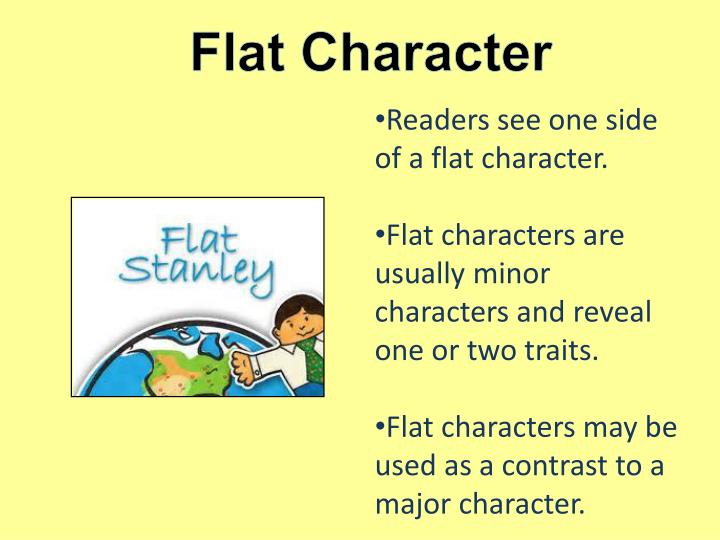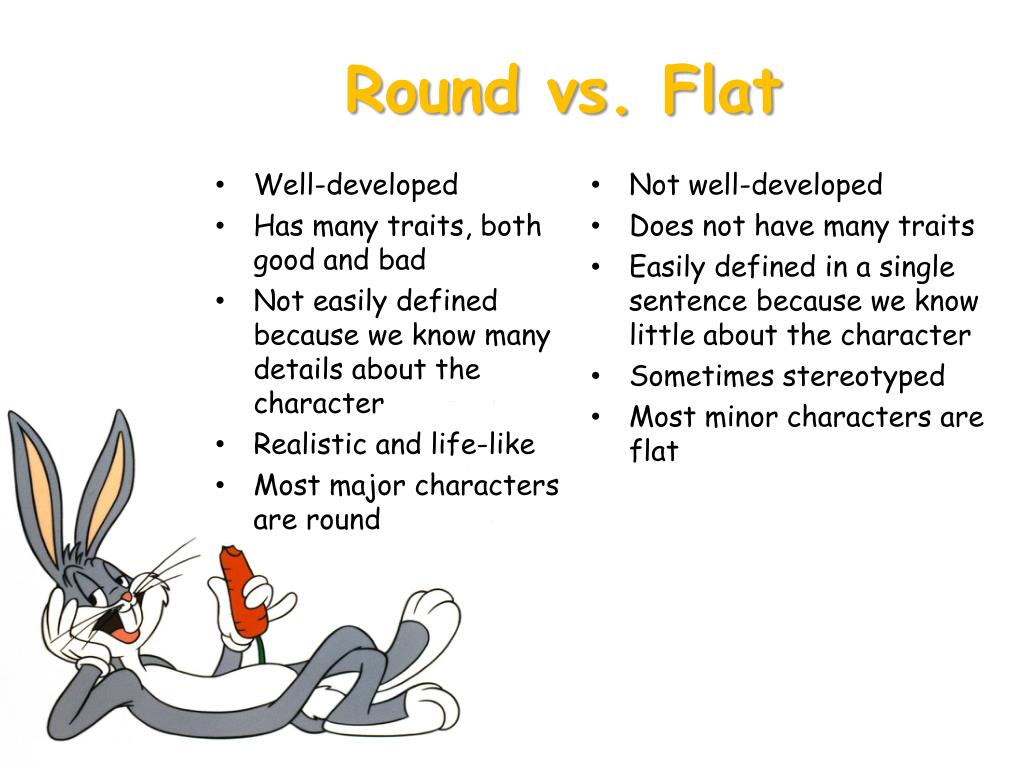
The compound word ontology ('study of being') combines Flat ontologies, on the other hand, deny such a privileged status to any entity. Hierarchical ontologies assert that some entities exist on a more fundamental level and that other entities depend on them. Monocategorical ontologies hold that there is only one basic category, but polycategorical ontologies rejected this view. Ontological theories can be divided into various types according to their theoretical commitments. When used as a countable noun, the words ontology and ontologies refer not to the science of being but to theories within the science of being.

Disagreements within ontology are often about whether entities belonging to a certain category exist and, if so, how they are related to other entities. Of special interest is the concept of ontological dependence, which determines whether the entities of a category exist on the most fundamental level. These categories are characterized by fundamental ontological concepts, including particularity and universality, abstractness and concreteness, or possibility and necessity. Commonly proposed categories include substances, properties, relations, states of affairs, and events.

Ontologists often try to determine what the categories or highest kinds are and how they form a system of categories that encompasses the classification of all entities. It investigates what types of entities exist, how they are grouped into categories, and how they are related to one another on the most fundamental level. In metaphysics, ontology is the philosophical study of being.


 0 kommentar(er)
0 kommentar(er)
